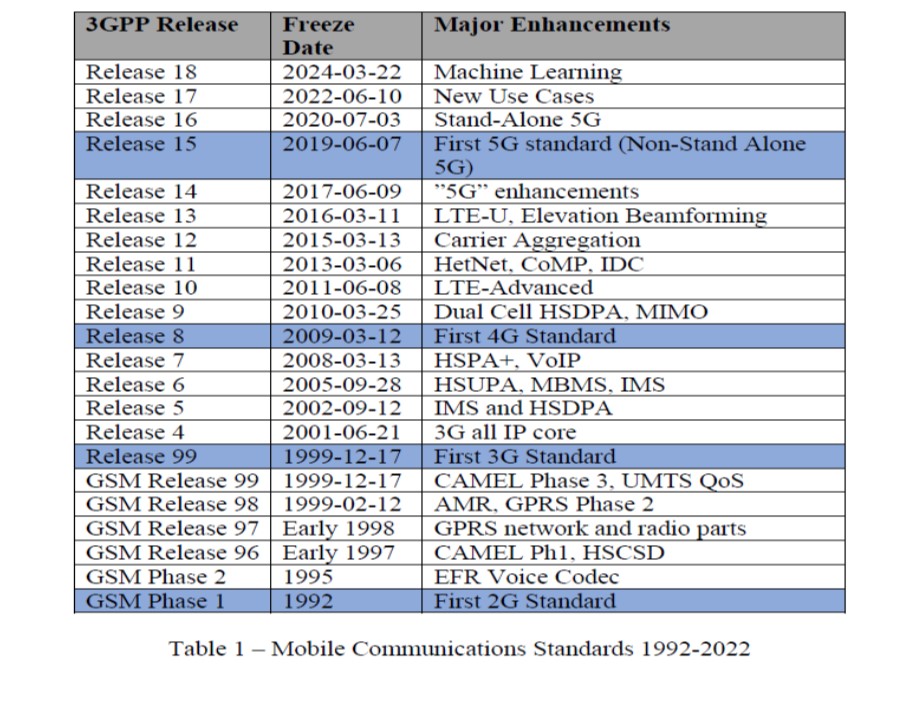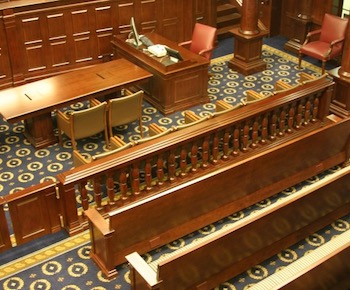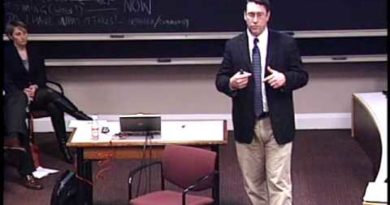Response to the USPTO, The ITA, and NIST call for Public Comments on Standards, Part 4 of 7 | Kidon IP
On November 6, 2023 I submitted a response to the public comments which can be found here. I have also included my comments in full on this blog in a series of posts including the below. The only change in my submission is that for each posts the footnoting was renumbered for just the individual post.
- Are current fair, reasonable, and non-discriminatory (FRAND) licensing practices adequate to sustain U.S. innovation and global competitiveness? Are there other international models which would better serve U.S. innovation in the future?
Yes, they work well. Private ordering subject to a loose understanding of FRAND has worked wonders for innovation. Eric Stasik’s submission to the European Commission,[1] provides a detailed an excellent discussion of how successful private ordering of standards has been under the current flexible regime. Taking cellular standards as an example, the introduction of new generations of cellular standards has been rapid and is increasing in speed. Between December 1999 and June 2022, 3GPP issued 15 new, different Releases (a Release is a complete set of standards which form the basis for new products and services.) This is an average of one new Generation every decade and one new Release about every 18 months, as the following table taken from Mr. Stasik’s submission illustrates.[2]
Another example of how current licensing for SEPs works well can be seen in Avanci’s efforts to license first 4G and now 5G SEPs in the auto industry. In relatively short order with few disputes (albeit one prolonged one with Continental and Daimler) Avanci was able to license over 80% of all 2G, 3G, and 4G SEPs relevant to automotive[3] and many of the key automotive OEMs, and within days of announcing its 5G pool, it secured multiple key licensees.[4]
One possible option to improve the standardization ecosystem in the US worthwhile considering is making the entity that accredits US SDOs and approves their standards into a public entity. This is the practice in all countries except the U.S. Presently, accreditation in the US seems to have been delegated to ANSI, which is ruled by private interests and is therefore easy for capture. Replacing ANSI, for example, by a NIST unit will introduce a strong element of transparency and accountability to the public that should minimize the kinds of gamesmanship that has happened at ANSI in recent years, for example between ANSI and IEEE.[5] The delegation of the USG NIST authority to ANSI – a private body – is unprecedented and results in an opaque organization ruled by a few companies’ interests.
In addition to replacing ANSI with NIST, the US should also adopt certain aspects of the old European F/RAND regime as codified in the Huawei v. ZTE (ECJ 2015). Specifically, outlining a series of expectations for each party to an SEP negotiation – owners and implementers – compliance with which will provide prima facie evidence of good faith negotiation and deviation from which will provide prima facie evidence of bad faith negotiation. Moreover, failure to negotiate in bad faith should permit an SEP owner to seek an injunction and/or receive royalties above what FRAND would otherwise allow or perhaps treble damages for willful infringement. Such a policy that would reiterate that FRAND is a two-way street would be very helpful for balancing US standards policy.
[1] Eric Stasik, Response to the European Commission’s Call for Evidence for an Impact
Assessment regarding a New Framework for Standard-Essential Patents, available at
[2] Id at 7-8.
[3] Florian Mueller, LG Electronics joins the Avanci patent pool, contributing one of the industry’s largest 4G standard-essential patent portfolios: Avanci now has 75% (if not 80%) of 4G SEPs (Foss Patents February 10, 2022) available at
[4] Florian Mueller, Avanci announces 5G patent pool with 58 licensors, notably also including Huawei, and former Nokia foe Mercedes as inaugural licensee (Foss Patents Aug 16, 2023) available at Rory O’Neill, BMW joins Avanci 5G pool (Managing IP September 18, 2023) available at
[5]David L Cohen, IEEE and ANSI Reach Agreement to Conceal Negative Letters of Assurance (Kidon IP Blog Dec 14, 2020) available at David L Cohen, ISO Halts Processing of IEEE Standards in the Aftermath of its Patent Policy (Kidon IP Blog April 25, 2023) available at
[View source.]







